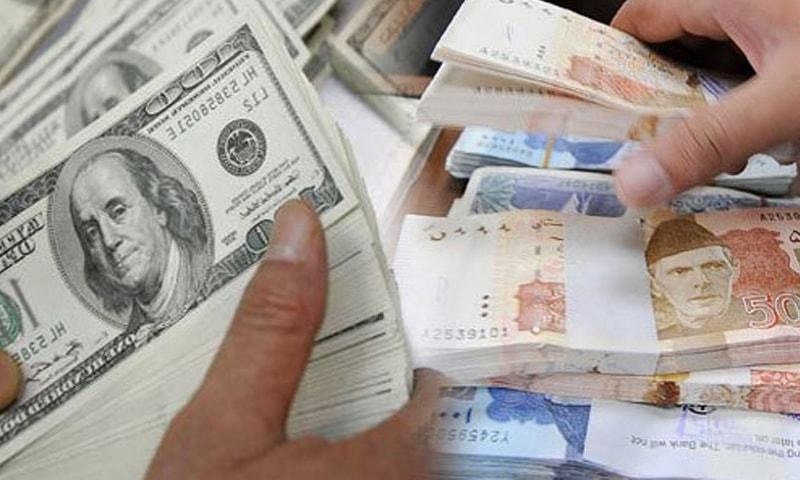KARACHI: Pakistan has paid $1 billion of the total $2bn raised in 2014 through the issue of five-year and 10-year Eurobonds, the State Bank of Pakistan (SBP) announced on Monday.
The issue, held in April 2014, was censured by independent economists who criticised the high rates offered to sell these bonds. The returns offered on the five-year bonds were at 7.25 per cent and 10-year bonds at 8.25pc which were considered too high at the time reflective of the risks attached with Pakistan’s economy.
Some individuals in the financial circle have also claimed that the government would have to pay additional $1bn by December this year against the maturing five-year Sukuk (Islamic bonds) launched in November 2014.
When asked about the maturing Sukuk in December, SBP spokesman said he was not aware of another payment of $1bn by December. But he confirmed that outflow of $1bn against the Eurobond will be reflected in the next weekly report of foreign exchange reserves of the country.
The country’s foreign exchange reserves as of April 5 were at $17.228bn including $10.272bn of State Bank and $6.956bn of commercial banks.
The government, in order to avoid a balance of payments crisis, has borrowed funds from bilateral sources in the last eight months including 15bn Yuan ($2.2bn) from China last month to strengthen foreign exchange reserves.
Pakistan has been facing a balance of payment crisis for the last few years but bilateral borrowings from the UAE, Saudi Arabia, and China helped prop up the country’s reserves to record $18.9bn in the ongoing fiscal year.
In addition to bilateral borrowings, the government is also negotiating a bailout package with the International Monetary Fund (IMF). Finance Minister Asad Umar also visited Washington to attend the World Bank Group spring meetings.
Following his visit, the IMF in a statement issued on Monday said that “at the request of the authorities, an IMF mission will be going to Pakistan before the end of April to continue the discussions.”
Despite claims of structural adjustments, the government has failed to improve exports to the desired level and has been unable to reduce import bill resulting in a huge trade deficit.
Published in Dawn, April 16th, 2019














































